The Biggest Problem in Publishing? The Invisibility of Black Women Writers
And how #WellReadBlackGirl is changing the game.
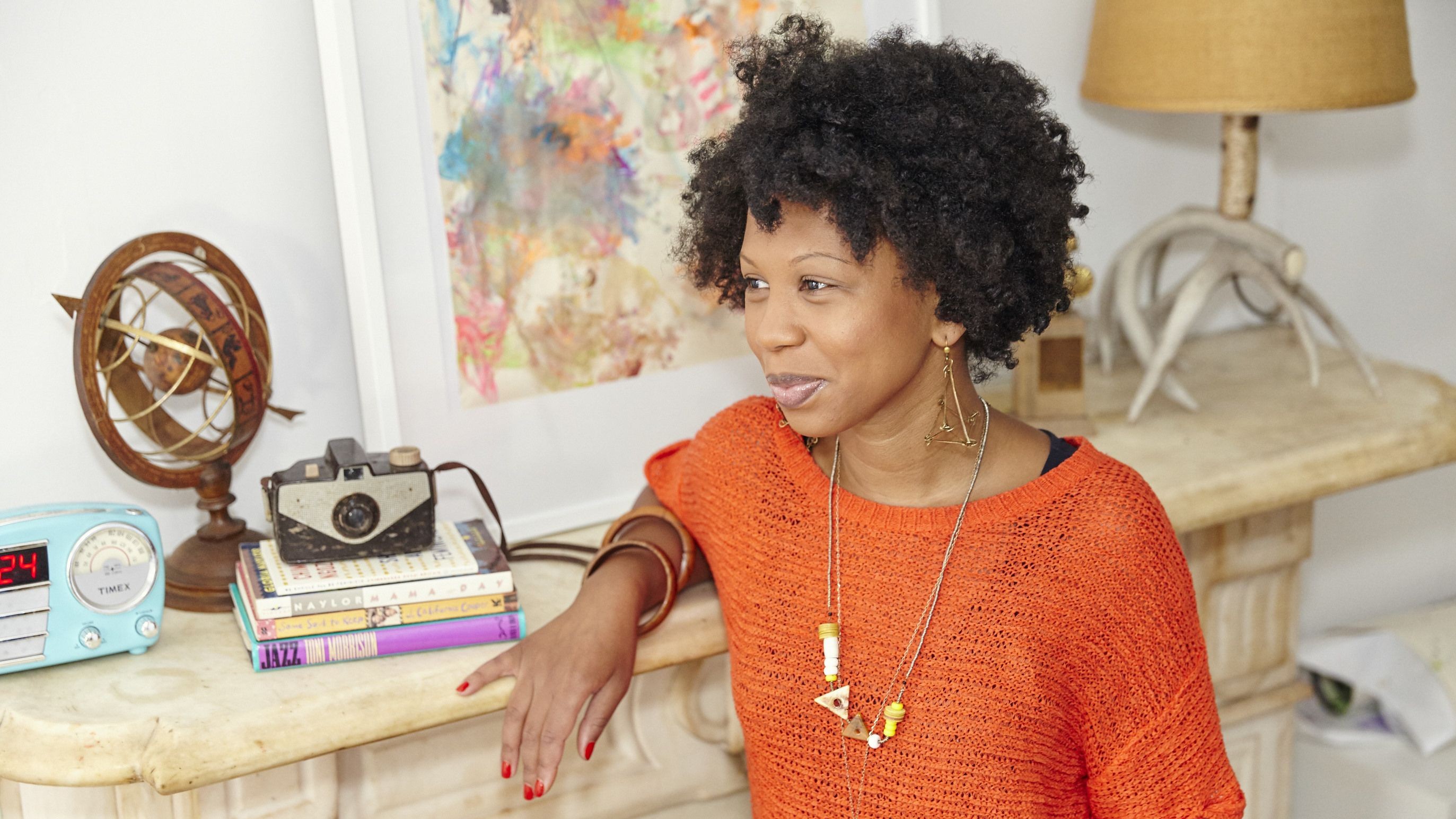
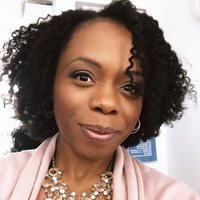
Have you ever read a really good book—like, so good you happily handed over your sleep to get to the end—and then wanted to tell everyone you met to go buy a copy? Glory Edim, 33, is about that life. She's been a voracious reader from her childhood days in Arlington, Virginia, practically camping out at the public library and watching every minute of Levar Burton's Reading Rainbow on TV. She felt especially drawn to books written about and by Black women.
In spring of 2015, Edim decided to take her book-love social, starting an Instagram account called @WellReadBlackGirl that's devoted to celebrating Black literature. Eight months later, she's built a vibrant community with the hashtag #WellReadBlackGirl. Here, the Brooklyn-based powerhouse on the reason we need more perspectives like hers.
A post shared by Well-Read Black Girl (@wellreadblackgirl)
A photo posted by on
Marie Claire: How did @WellReadBlackGirl (WRBG) come to be?
Glory Edim: It started simply enough. I was constantly talking to my partner about books: ones I had read 10 years ago at Howard University; tattered novels I found at thrift stores; what I downloaded on my Kindle. So, one year for my birthday, he made me a t-shirt that said "Well-Read Black Girl." It had some of my favorite authors on it along with the Latin phrase "Erudita Puella Africae," which basically translates to "Educated Girls in Africa." I would wear the shirt in public and women would stop me on the subway to talk about Audre Lorde or Alice Walker. The first post on Instagram is that shirt. I started the Instagram page to spark further conversation about Black sisterhood and literature.
MC: What was your strategy when you decided to start this account? Did you have a goal in mind?
GE: My only creative strategy is authenticity. When I initially started posting photos, I was sharing my reading list and bits of inspiration. I quickly realized the voices of Black women writers are often missing in literary spaces. I knew the dialogue could be more significant. I decided to start the WRBG book club, kicking off the discussion with the book Between the World and Me by Ta-Nehisi Coates. The response was phenomenal and membership grew quickly.
Last year WRBG met with author Naomi Jackson (The Star Side of Bird Hill) National Book Award finalist Angela Flournoy (The Turner House) and Pulitzer prize-winning critic Margo Jefferson (Negroland). Readers were able to exchange ideas and ask the author questions. I witnessed online relationships seamlessly transform into real-life friendships: You "Liked" my picture of Claudia Rankine and now we're drinking coffee discussing Citizen. Together we're fostering a literary community.
Stay In The Know
Get exclusive access to fashion and beauty trends, hot-off-the-press celebrity news, and more.
A post shared by Well-Read Black Girl (@wellreadblackgirl)
A photo posted by on
"When people use the hashtag #WellReadBlackGirl, it suddenly transforms the solitary experience of reading into a social activity. "
MC: What sparked your deep interest in literature and writing?
GE: Books have always been a happy part of my life since my childhood. I spent a ridiculous amount of time at the public library with my family. For me, reading is an intensely communal experience. It makes me think of family and friends. Good books leave you to ponder, criticize, doubt, and contemplate every word on the page. I love that feeling!
MC: Do you have a background in publishing or writing?
GE: I don't work in the publishing industry, but I certainly support it! I buy a lot of books at independent bookstores here in Brooklyn. My professional background is in arts administration and digital media, so visual messaging and community engagement are my forte.
MC: What do you hope people will get from following WRBG?
GE: Whenever I read a book that speaks to me, I immediately want to tell the world about it. Every post [on Instagram] is about a writer I admire, a book I've read, or a title I'm adding to my "To Be Read" pile. When people use the hashtag #WellReadBlackGirl, it suddenly transforms the solitary experience of reading into a social activity.
People are constantly looking for diverse reading recommendations. I spend a lot of time finding compelling content produced by Black women: new book releases, essays, poetry, culture writing, etc. I want WRBG to give these extraordinary writers a voice and introduce them to new audiences. Publishers need to fully acknowledge the role Black women play in literary culture. We're creators, as well as consumers. We deserve that recognition.
"Publishers need to fully acknowledge the role Black women play in literary culture. We're creators, as well as consumers. We deserve that recognition."
MC: The lack of visibility of Black women authors is not new. What can the publishing industry do to move the needle toward progress and, frankly, do better when it comes to promoting Black authors?
GE: The literary landscape is completely transforming, and the best publishers are learning how to adapt. Literary agents need to redefine the success model and be vigilant about new outcomes.
We also need to ask the crucial questions about the state of cultural equity and inclusion in the industry. If diversity is something publishers are truly committed to, they'll begin embracing social media in a more dynamic way and engage communities and promote Black literature.
MC: Do you follow publishing houses on Instagram? What are they doing right? What could they do better?
GE: Yes! I follow a lot of publishers on Instagram. My favorites are Riverhead Books, Crown Publishing, Chronicle Books, Little Brown, Harper Collins, Penguin USA and McSweeney's.
Publishers constantly observe how readers interact with digital platforms, especially Instagram. It's the new litmus test to see what trendy and popular. Each brand is looking for the cleverest way to hold your attention. For example, McSweeney's has mastered GIFs and book selfies. Each feed is thoughtfully crafted with beautiful photography.
However, social media managers need to post a more diverse cast of authors, books, and photos online. Let's make the images reflect a diverse group of readers!
A post shared by Well-Read Black Girl (@wellreadblackgirl)
A photo posted by on
MC: Do you have advice for authors (newbies and veterans) on how they can promote themselves in the social media space?
GE: The trick to social media is creating a visual style that reflects your personality. Authors should aim to share compelling content and experiment with different platforms. Discover the medium that works best for you.
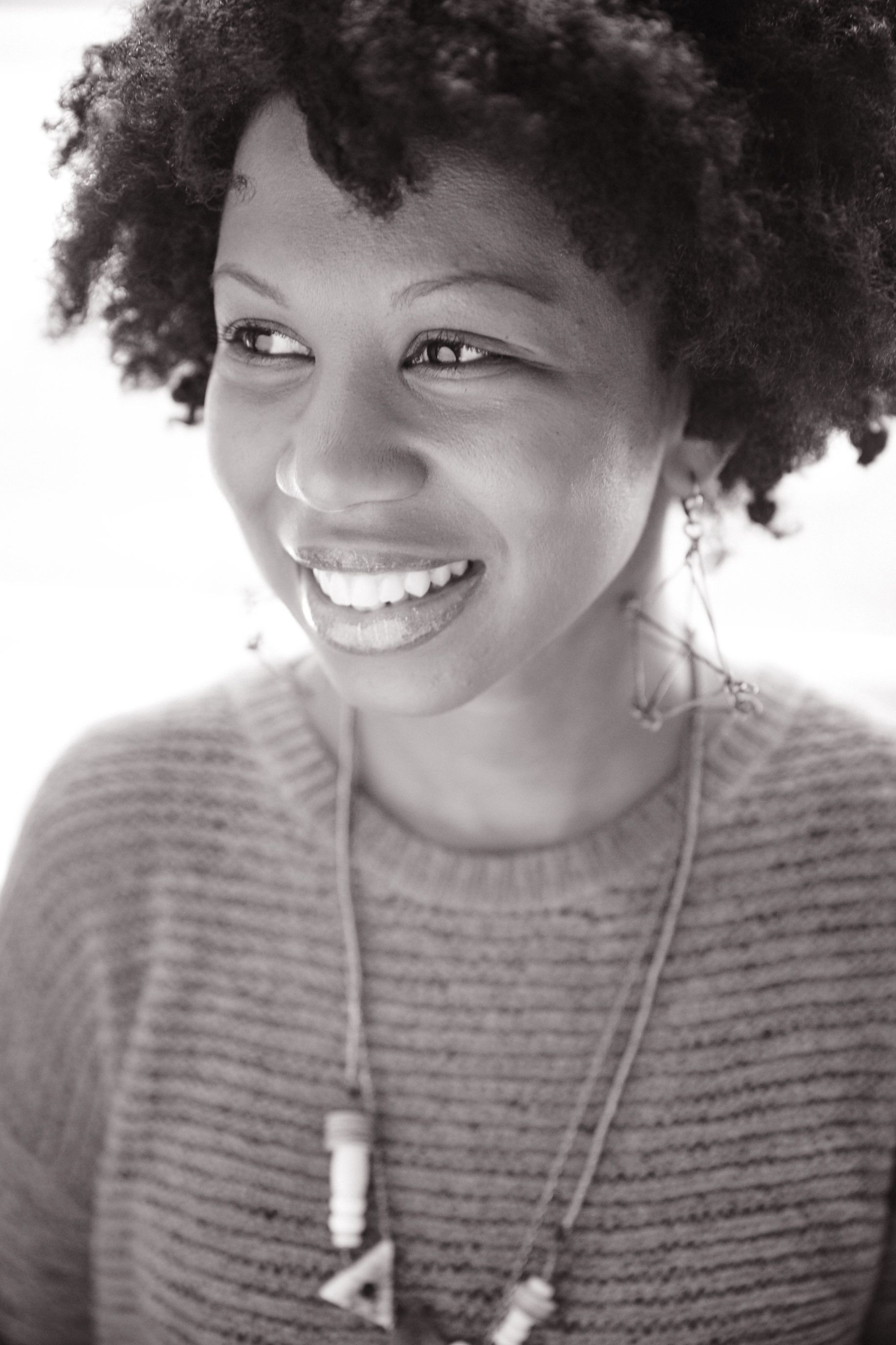
Glory Edim, founder of @WellReadBlackGirl
By cultivating your online presence, you are in direct reach to your audience. Remember, digital influencers have changed the way readers seek out new titles; it's in your best interest to build an enthusiastic online following.
MC: How have you made WRBG a part of the digital conversation?
GE: With a hashtag and endless list of books that deserve acknowledgment. Publishers often claim they have a difficult time marketing, publicizing, and promoting books by Black authors. Well, I'm saying that's not true. If you want to read more books by Black women, I have plenty of suggestions. Send us your books. Tag us on Instagram. Retweet us on Twitter. Because in 2016 Black writers shouldn't be underrepresented or overlooked. It's time for people to expand their personal libraries and perspective.
"If you want to read more books by Black women, I have plenty of suggestions. Send us your books. Tag us on Instagram. Retweet us on Twitter."
MC: And can you share what's next for WRBG?
GE: I'm on a mission to help increase the online visibility for Black authors and challenge publishers to reimagine industry. I want to create a literary movement where writers of color are recognized and celebrated in the same manner as mainstream authors.
So, I'm planning for more book clubs. Talking to more authors. Collaborating with more organizations who want to cultivate spaces for a wide range of voices. I'm ready for the next chapter!
Follow Marie Claire on Instagram for the latest celeb news, pretty pics, funny stuff, and an insider POV.
-
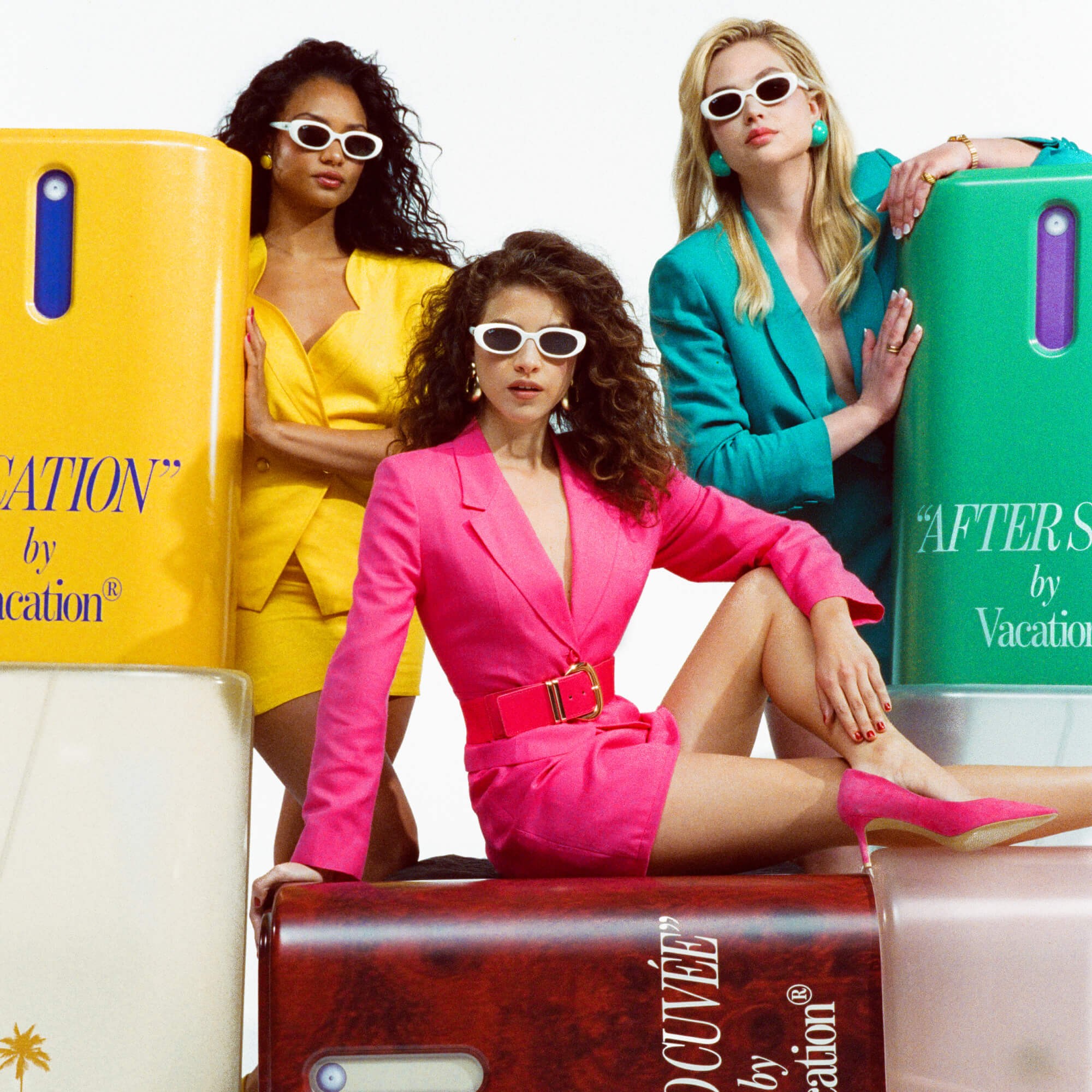 The Scent of the Summer Is a Little Bit Pool Water, Plus a Lot of Swimsuit Lycra
The Scent of the Summer Is a Little Bit Pool Water, Plus a Lot of Swimsuit LycraVacation’s new body mists are coming in hot.
By Samantha Holender
-
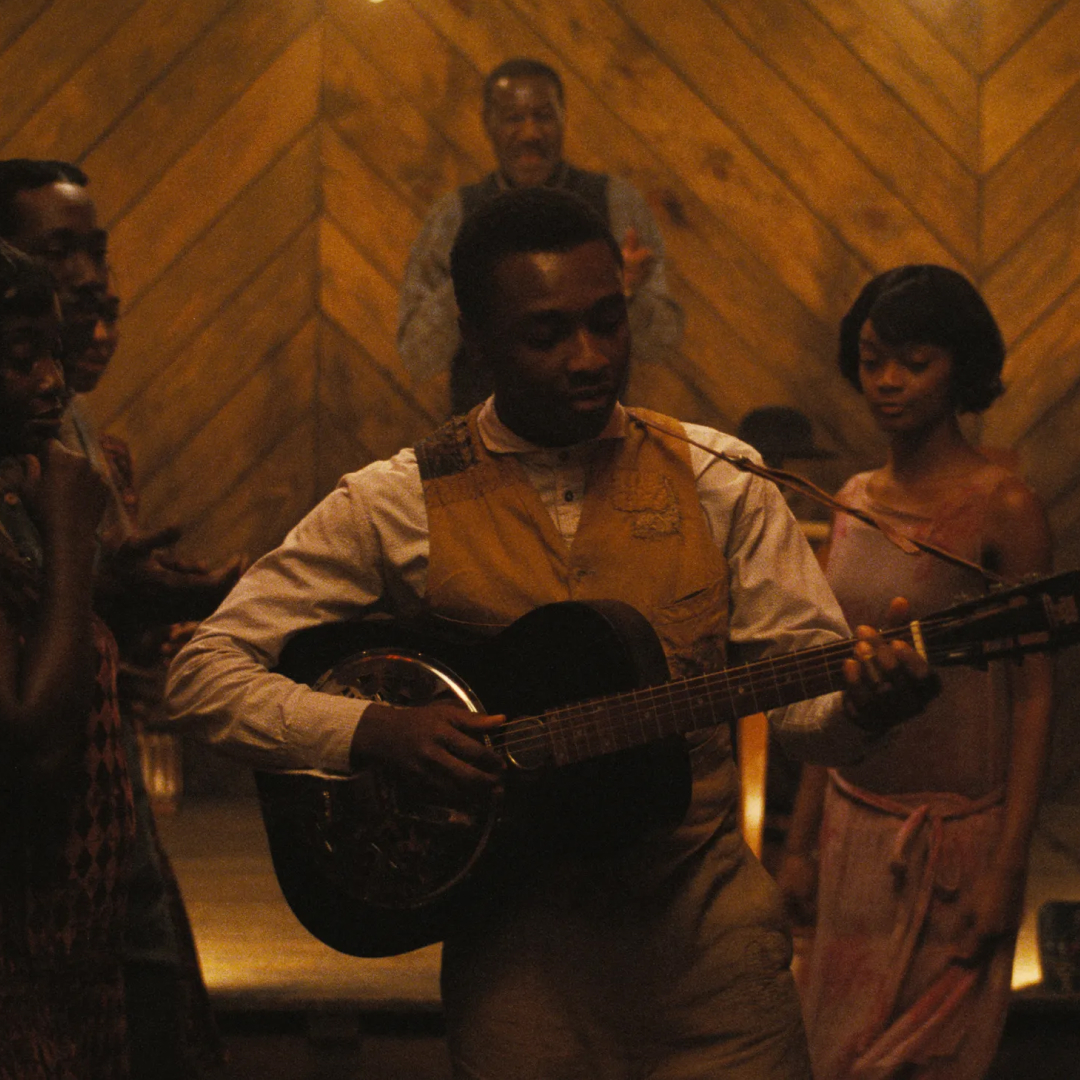 In 'Sinners,' Music From the Past Liberates Us From the Present
In 'Sinners,' Music From the Past Liberates Us From the PresentIn its musical moments, Ryan Coogler's vampire blockbuster makes a powerful statement about Black culture, ancestry, and art.
By Quinci LeGardye
-
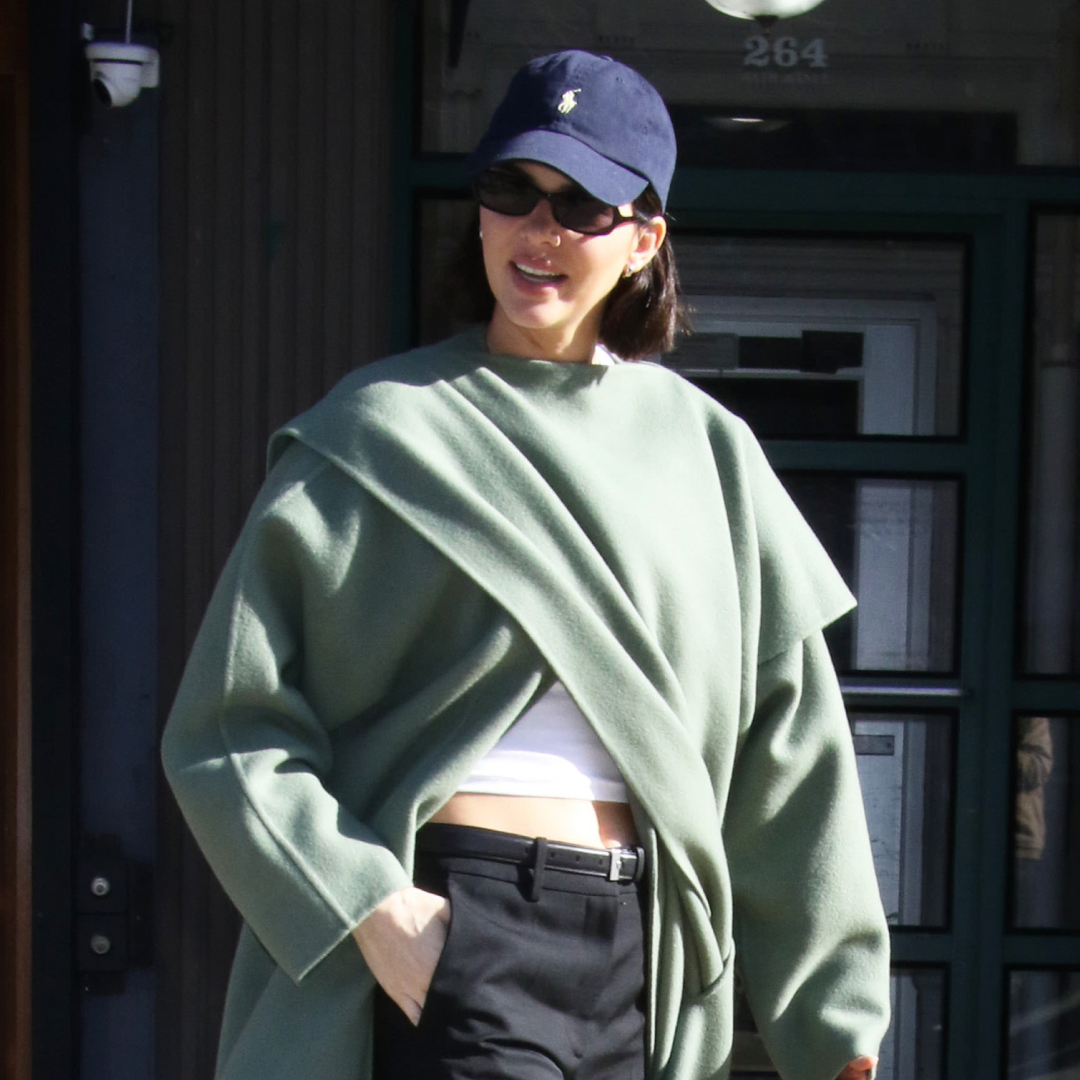 Kendall Jenner Has the Last Word on the Best Travel Shoes
Kendall Jenner Has the Last Word on the Best Travel ShoesLeave your ballet flats in your checked bag.
By Halie LeSavage
-
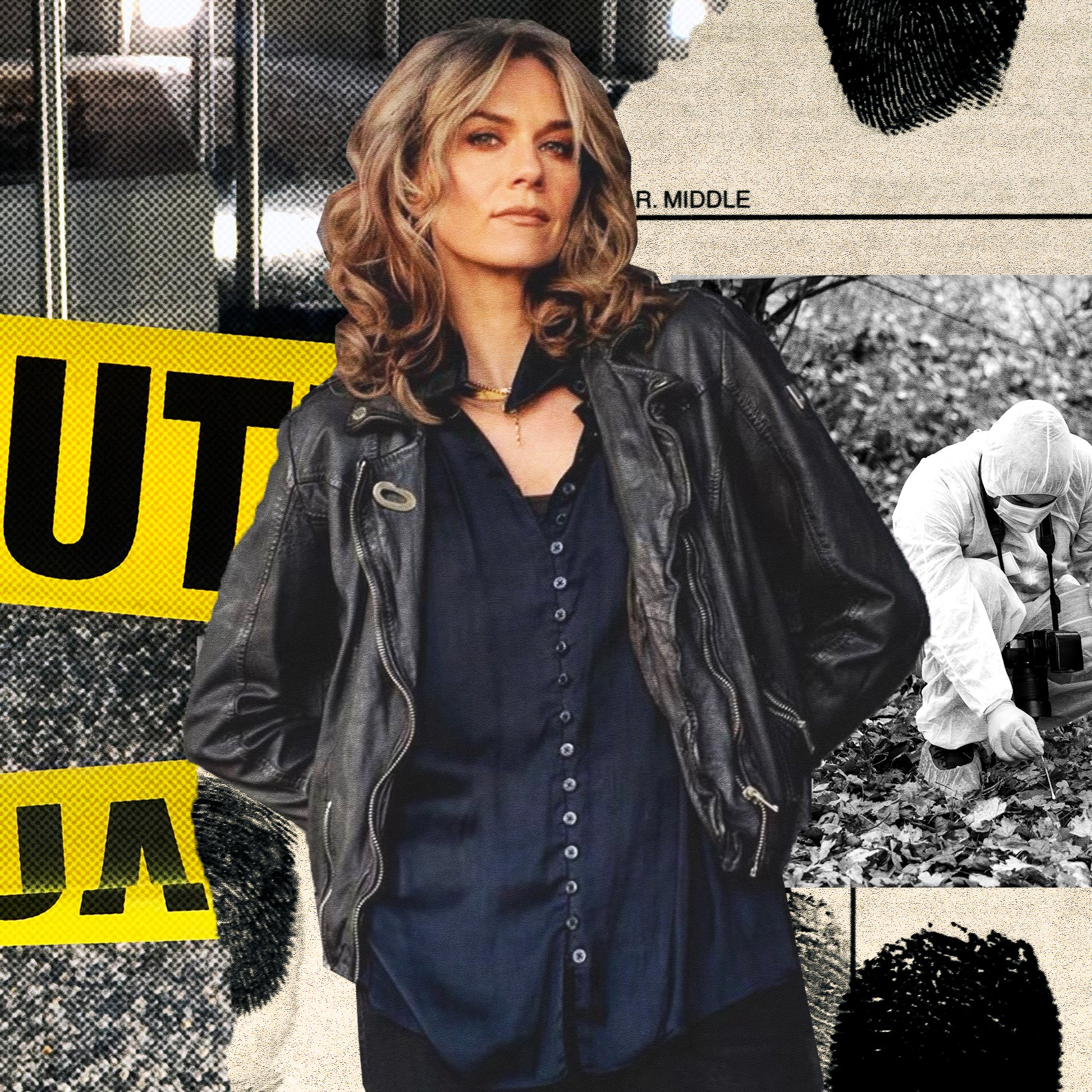 Hilarie Burton Morgan’s Search for Justice in Small-Town USA
Hilarie Burton Morgan’s Search for Justice in Small-Town USAThe former 'One Tree Hill' star is all about righting legal wrongs on the new season of her emotionally shattering true crime show.
By Maria Ricapito
-
 So, Are Emma and Micah From 'Selling Sunset' Together Now?
So, Are Emma and Micah From 'Selling Sunset' Together Now?The property developer and the 'Selling Sunset' newbie hit it off in the show's fifth season.
By The Editors
-
 Aly Raisman on Body Positivity and Detoxing From Social Media
Aly Raisman on Body Positivity and Detoxing From Social MediaThe athlete opens up about overcoming insecurities and creating safe spaces on the internet.
By Gabrielle Ulubay
-
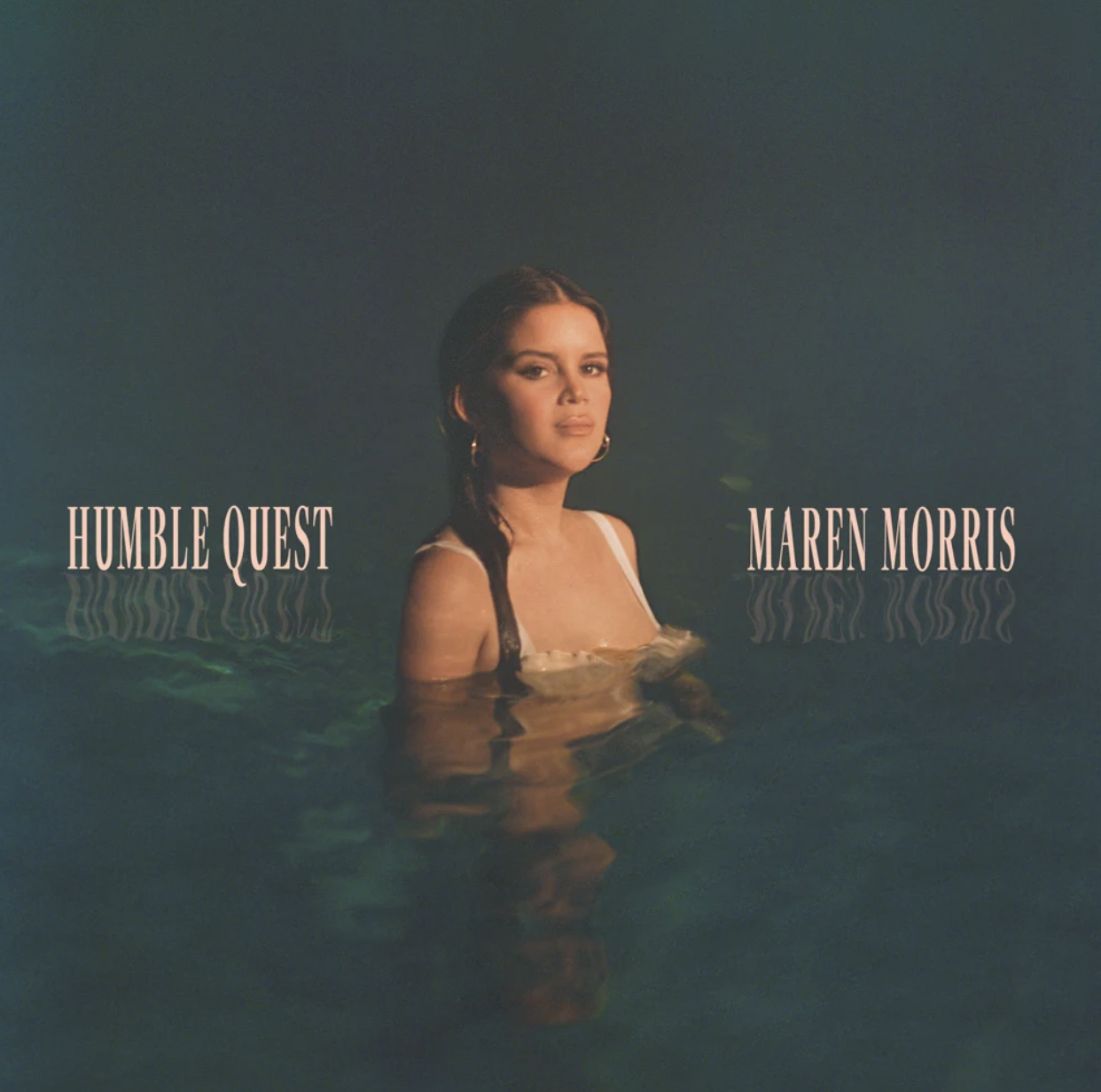 4 Best Sad Songs of 2022 to Play When You're in Your Feels
4 Best Sad Songs of 2022 to Play When You're in Your FeelsFeatures New songs from Maren Morris, Iann Dior, and more.
By Marie Claire
-
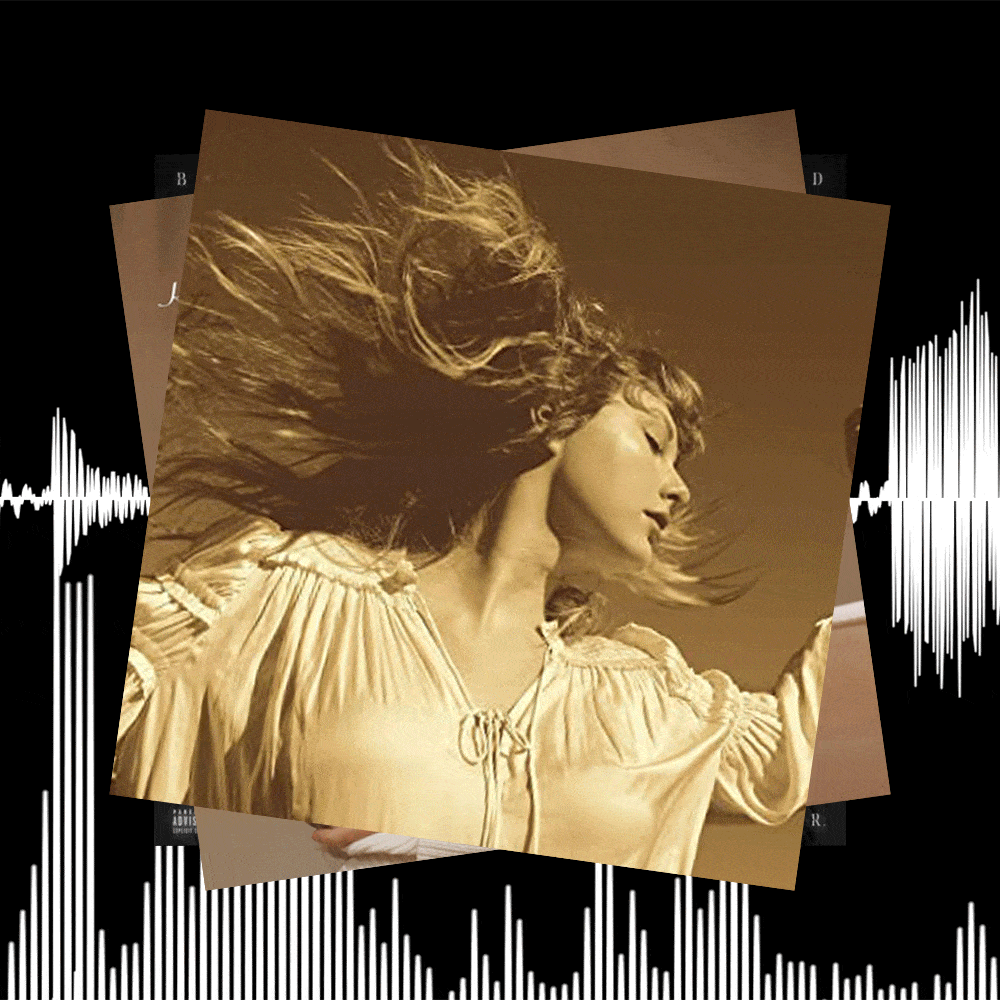 The 16 Best Sad Songs of 2021 to Play When You're Feeling Down
The 16 Best Sad Songs of 2021 to Play When You're Feeling DownFeatures Not me still listening to "Drivers License" on repeat!
By Rachel Epstein
-
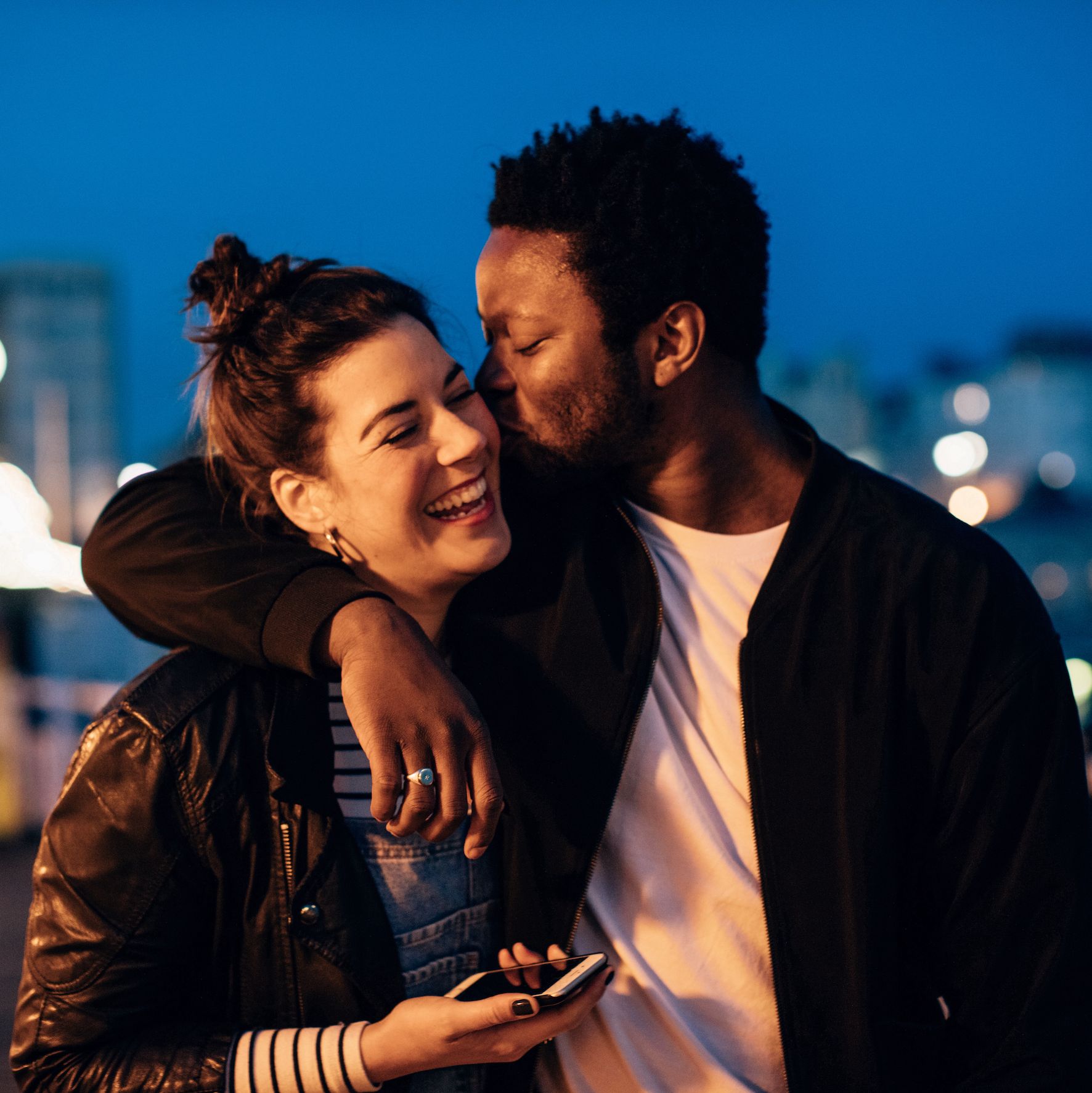 The 17 Best Dating Sites and Apps
The 17 Best Dating Sites and AppsFeatures It's time to meet your match.
By Julia Marzovilla
-
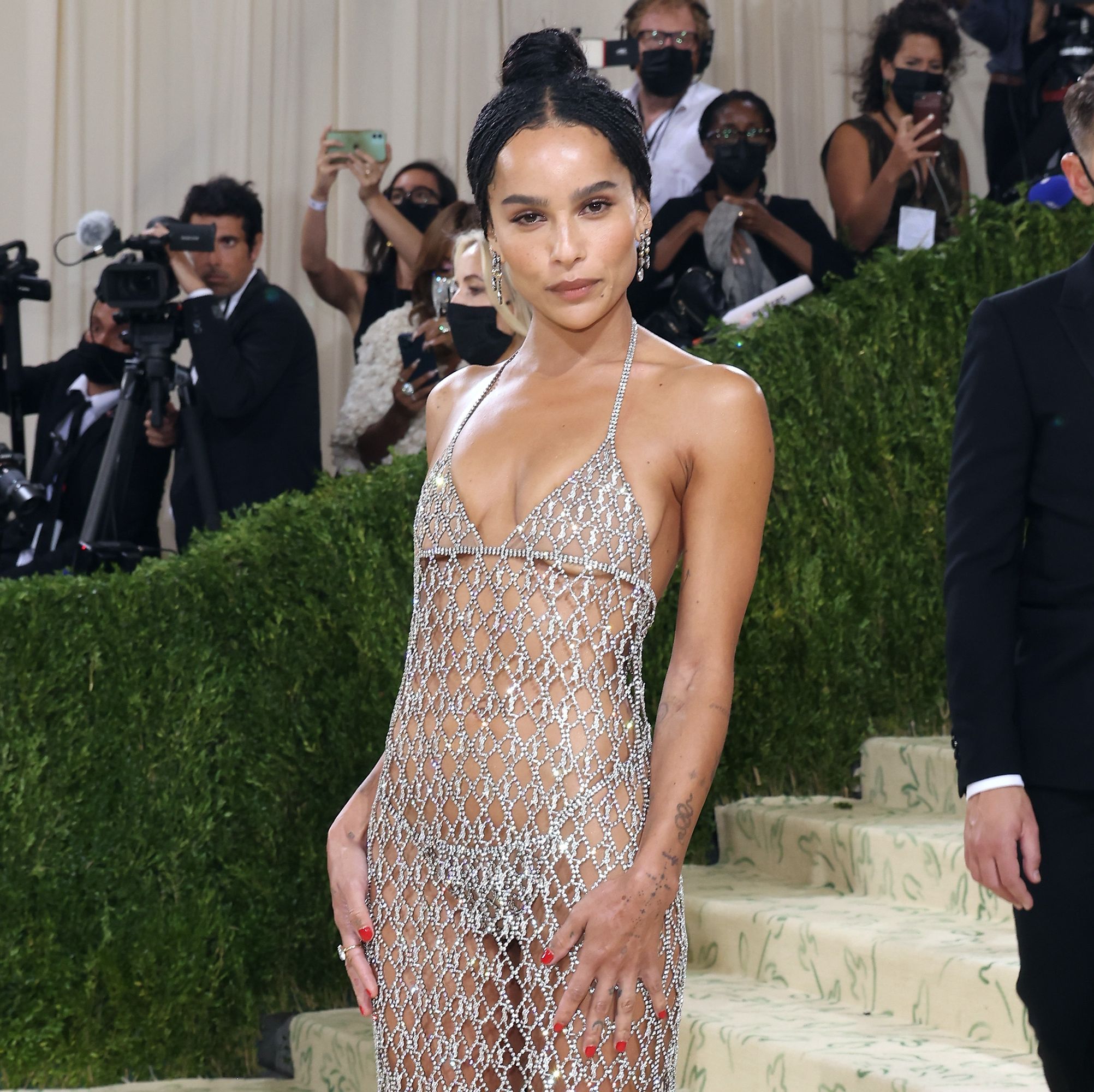 Zoe Kravitz Clapped Back at Commenter Who Criticized Her Met Gala Dress
Zoe Kravitz Clapped Back at Commenter Who Criticized Her Met Gala Dress\201cIt’s just a body. We all got em.\201d
By Marie Claire Editors
-
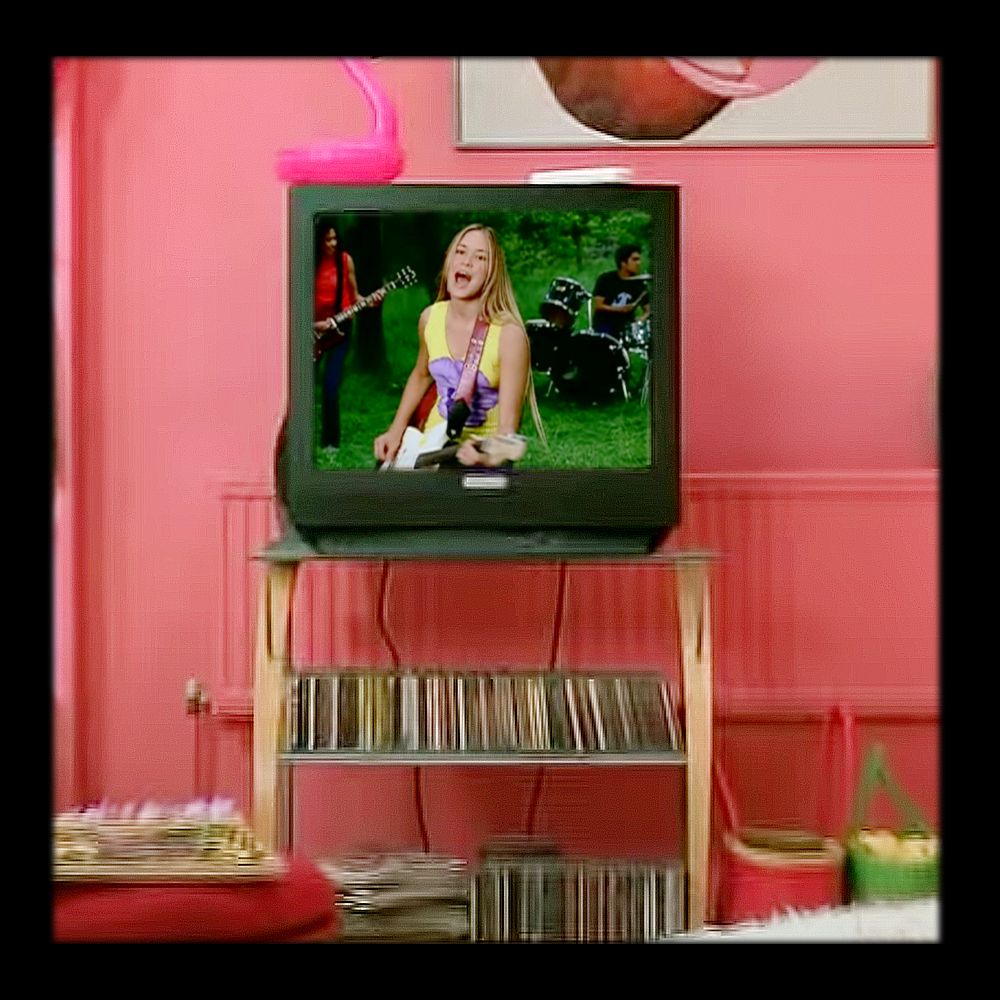 20 Years of "Perfect Day": An Interview With Hoku
20 Years of "Perfect Day": An Interview With HokuThe early aughts pop star has been off the grid for nearly two decades, but her hit song still makes us feel like we’re living in a movie.
By Rachel Epstein